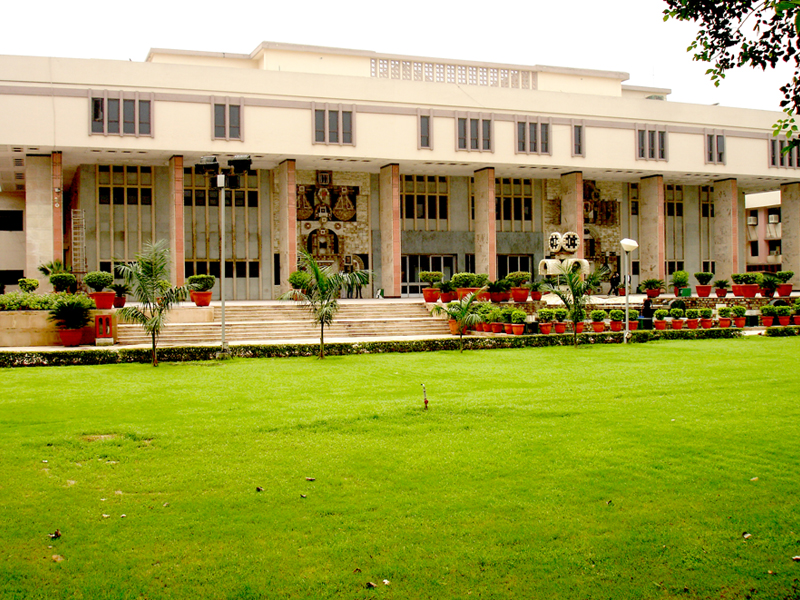The Delhi High Court stated that the Central Administrative Tribunal cannot consider the High Court’s judgment as per incuriam.

The Delhi High Court overturned a decision made by the Central Administrative Tribunal, stating that the Tribunal cannot label a High Court judgment as per incuriam. The appeal was against the Tribunal’s ruling that canceled the appointment of a Multi Tasking Staff member. The Division Bench, which included Justice C. Hari Shankar and Justice Ajay Digpaul, emphasized that the Tribunal does not have the authority to declare a High Court judgment as per incuriam. CGSC Vineet Dhanda represented the Appellant, while Advocate Sachin Chauhan represented the Respondent.
The respondent’s appointment as Multi Tasking Staff was canceled in 2021 after an FIR was filed against him under various sections of the IPC, although he was later acquitted. The respondent argued that his acquittal was honorable, despite the Judicial Magistrate First Class describing it as based on “benefit of doubt.” The Tribunal agreed with the respondent and reinstated his appointment, prompting the Union of India to appeal to the High Court.
The Bench noted that the cancellation of the respondent’s appointment was based solely on the nature of his acquittal, which was deemed not honorable. The petitioners cited a judgment from the Madras High Court in the case of Deputy Supdt. of Police v W.D. Sekaran (2024). The Tribunal claimed this judgment was personal and per incuriam, as it contradicted several Supreme Court decisions.
The Bench stated that the Tribunal cannot label a High Court judgment as per incuriam. If the Tribunal has Supreme Court judgments that state the law differently than the High Court, it can choose to follow the Supreme Court’s rulings instead. However, the Tribunal cannot declare a High Court judgment as per incuriam. The Tribunal noted that the respondent had revealed the ongoing criminal case when applying for the position. The Bench found this point irrelevant because the cancellation of the respondent’s appointment was not due to a failure to disclose the criminal case, but because the case did not conclude with an honorable acquittal.
The High Court pointed out that the Tribunal correctly referenced the Supreme Court’s ruling in Ram Lal v State of Rajasthan (2024), which addresses a Court’s responsibilities when faced with an acquittal. It stated that the Court should not be swayed by the phrase “benefit of doubt” used by the Trial Court but must assess the acquittal judgment as a whole to determine if it was truly honorable. Therefore, the Bench annulled the Tribunal’s order and sent the case back to the CAT for further consideration.
Cause Title: Union of India & Ors. v. Chand Singh [Neutral Citation: 2025:DHC:782-DB]
Appearance:
Appellant: CGSC Vineet Dhanda, Advocates Akansha Choudhary, Shweta Shandilya Saksham Sethi
Respondent: Advocate Sachin Chauhan









